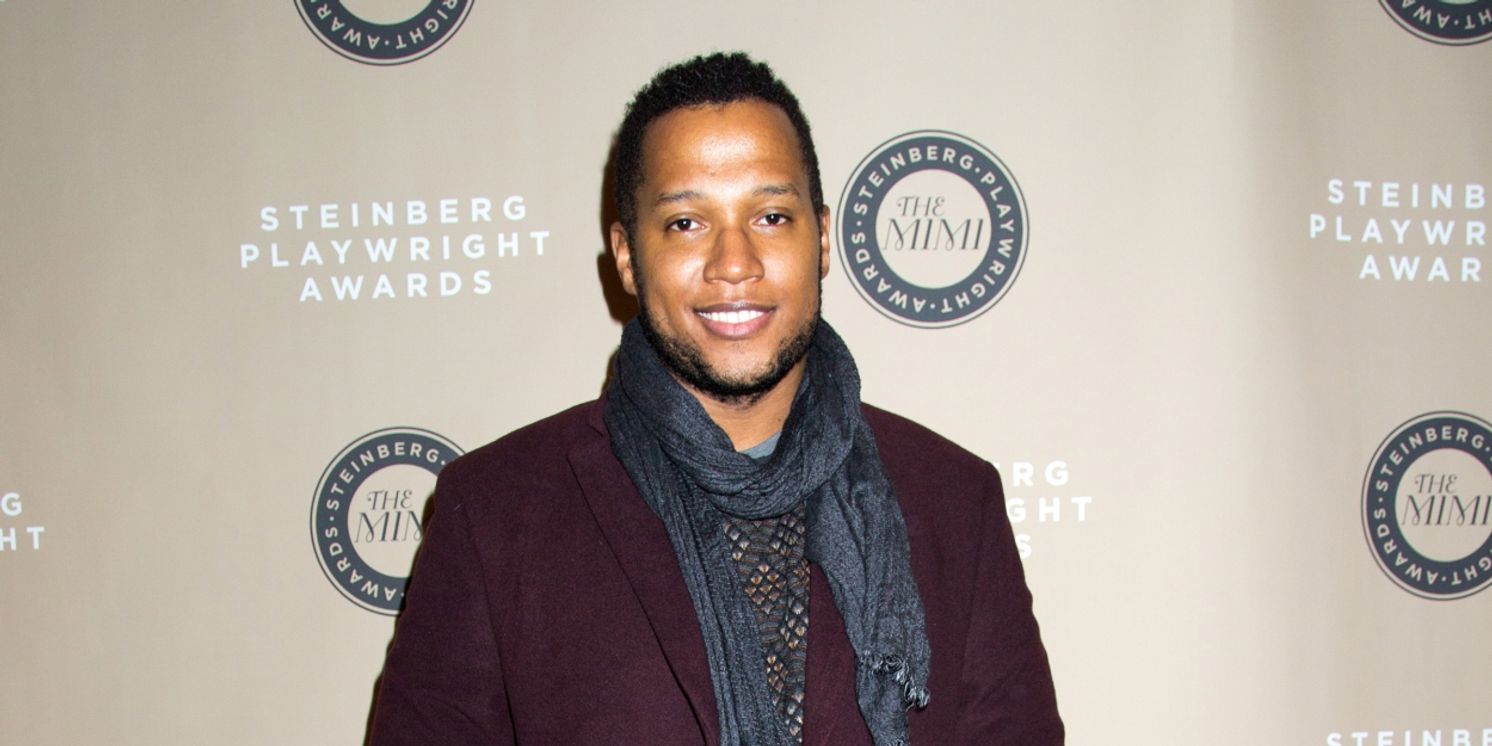Review Roundup: Branden Jacobs-Jenkins' THE COMEUPPANCE Opens at Signature Theatre
The Comeuppance runs through June 25.

Signature Theatre is presenting the world premiere production of MacArthur Fellow Branden Jacobs-Jenkins' The Comeuppance, directed by Eric Ting. Concluding Jacobs-Jenkins' Premiere Residency-and Signature's 2022-2023 season of personal and profound works from its Resident writers-The Comeuppance runs through June 25.
In The Comeuppance, reconvenes for the first time in years to pregame for their twentieth high school reunion. They refamiliarize themselves with new versions of old selves over alcohol, other substances and a not-so-innocent truth-telling game. Meanwhile, Death looms over and speaks through them, describing their disquieting and darkly comedic pasts and futures.
See what the critics are saying...
Jesse Green, The New York Times: This makes for considerable humor, which Jacobs-Jenkins — with his ear for the snark of 38-year-olds (like himself) — renders faultlessly, and which Ting’s breakneck staging, never missing the details, amps to the max. It’s a mystery of the fine writing and excellent acting that the humor does not squash but rather enhances the pathos surging underneath. When it erupts, it can be devastating.
David Finkle, New York Start: In turn, the other actors all are eventually handed similar in-one speeches, indicating previous persons have apparently invaded each of the characters. Hmm. What are they meant to represent? Is Jacob-Jenkins offering some more profound observation about, say, reincarnation? If so, the message comes across as confusing, perplexing, even eventually gratuitous. Oh, well.
Sandy MacDonald, New York Stage Review: Director Eric Ting deftly guides a superb cast, all of whom make the most of their carefully calibrated roles. This reunion — depth-charged like most — unfolds in its own style (blessedly free of cliché) and at its own pace. One guarantee: Those 130 minutes will race by.
Amelia Merrill, New York Theatre Guide: Jacobs-Jenkins’s characters employ an ironic device when one believes another is “harshing the buzz” or “rambling”: They pretend to kill each other, snapping their necks and stabbing one another when someone’s joke gets old or they’re too stoned to know how long they’ve been talking. No one took this approach to Jacobs-Jenkins’s script, though director Eric Ting cut at least 10 minutes of runtime before press performances. Though its dialogue is sharp and its characters memorable, The Comeuppance tries to hold down too many conversations at once, stretching an arm into every pot.
Jonathan Mandell, New York Theatre: As the play progresses, we come to feel the weight of their lives and regrets, and understand the intricacy of their connections with one another. At the same time, however, there are some baffling choices for the production that undermine our ability to engage with the play. When Death takes over each character, the voices are not the actors’ natural instrument, but speech that is electronically amplified and distorted, with an echo effect, rendering these monologues occasionally indecipherable, and always annoying. (Wouldn’t the change of lighting have been sufficient to clue us in?)
Robert Hofler, The Wrap: Eric Ting directs with a subtle hand. He lets his actors and the script do the work. Only the moments featuring Death get a little showy, with Amith Chandrashaker’s design of a solo spotlight on the actor and Palmer Hefferan’s sound design, which suddenly overlays the voices with echoes. The special effects are definitely not needed.
Jackson McHenry, Vulture: Three years of solitary writing time turns out to be productive. Seemingly every playwright produced lately has been thinking about the pandemic, as well as its accompanying loneliness, many different stabs at generational angst, dollops of horror, and addiction (more of those later this week). You see gestures and ideas repeated, many different attempts to get at similar feelings. Then you get to a play like The Comeuppance, which channels and condenses what’s been floating in the ether and brings it all to earth. Here’s a drama where Branden Jacobs-Jenkins both sums up and reconfigures the present moment.
Kimberly Ramirez, Talkin' Broadway: The voice of death reinhabits for its terminal narrative, an epilogical report of what the future holds post-reunion. Just before the final blackout, however, we find ourselves absorbed into a curious audio track of metatheatrical mosquito tones–a piercing performance inside a performance. This punctuating nonverbal dramatization of connection and disconnection overcomes us in the play's wake of words, plunging us into, or delivering us back from, solitude.
Average Rating: 75.0%
- To read more reviews, click here!
- Discuss the show on the BroadwayWorld Forum
Reader Reviews
Powered by
|
Videos

